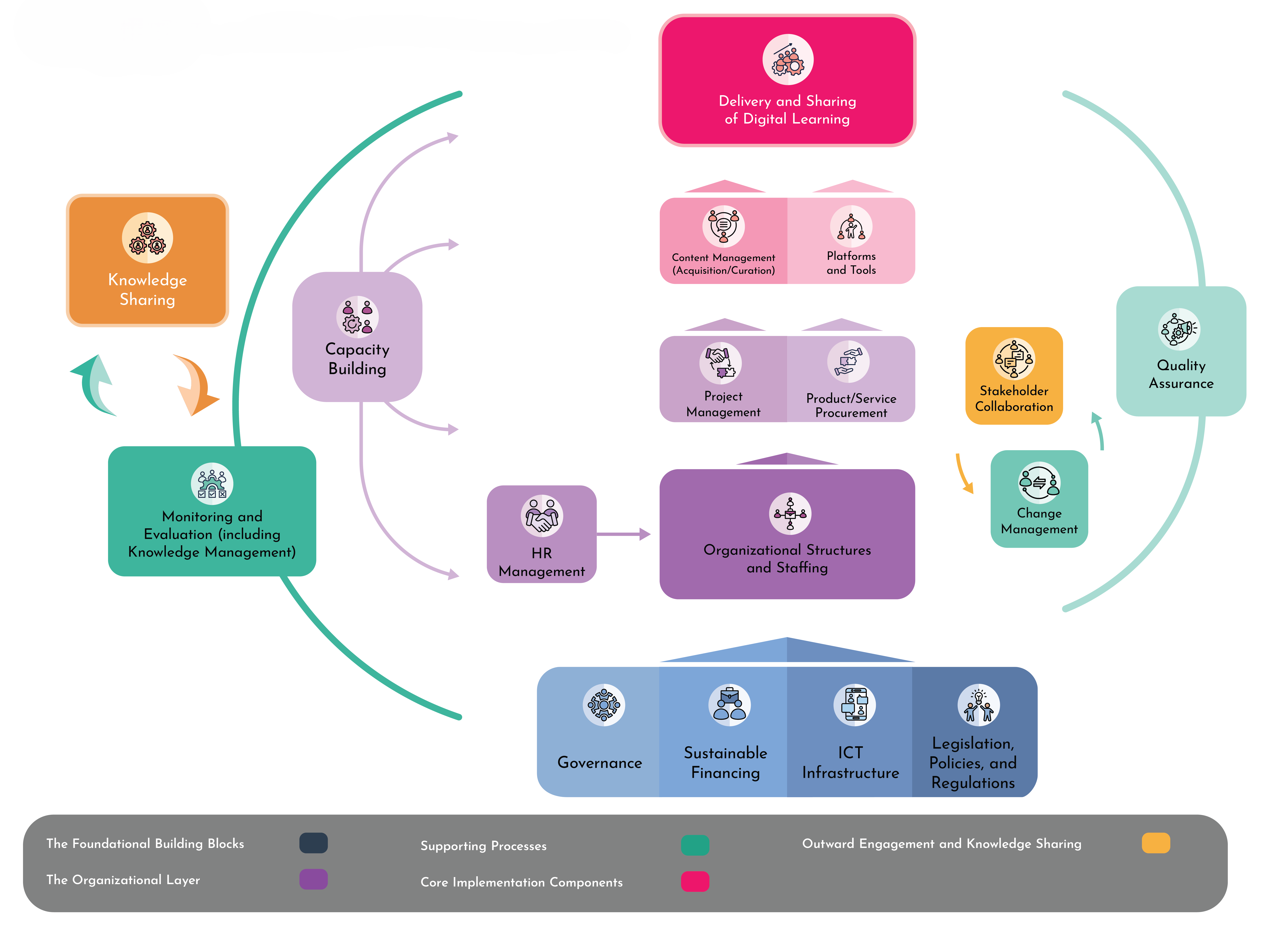Public education development initiatives have often gravitated toward popular interventions such as teacher training programmes, improving infrastructure, or introducing Information and Communications Technologies (ICTs). However, these interventions frequently fall short of achieving their desired effects because they fail to resolve one of the fundamental challenges in education provision: the need to build and sustain well-functioning, straightforward public procurement processes.
Procurement is a crucial aspect of education administration. It demonstrates the efficiency and effectiveness with which resources are allocated, the levels of transparency and accountability for those allocations, and how responsive those allocations are to the dynamic educational needs of those who operate within the system. If these systems do not function properly, the chance of most education development initiatives succeeding is significantly diminished.
One of the key measures of how well a procurement system functions is the policies that it is subject to; policies which create environments that are often not conducive to efficient expenditure. These environments will be the focus of this paper as we explore how policy and procurement system realities intermingle, making it more and more difficult to channel money into goods and services that will improve education provision.

